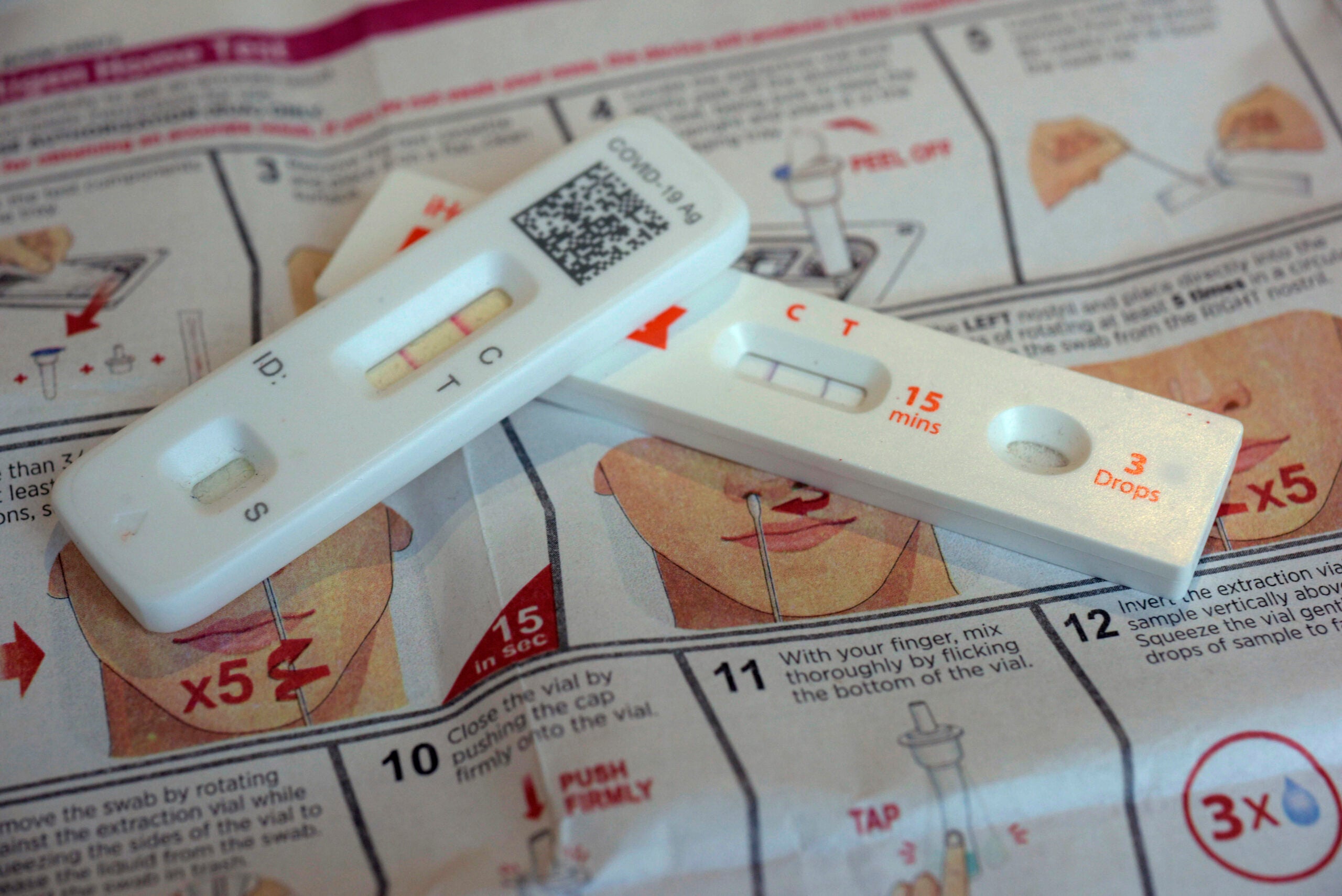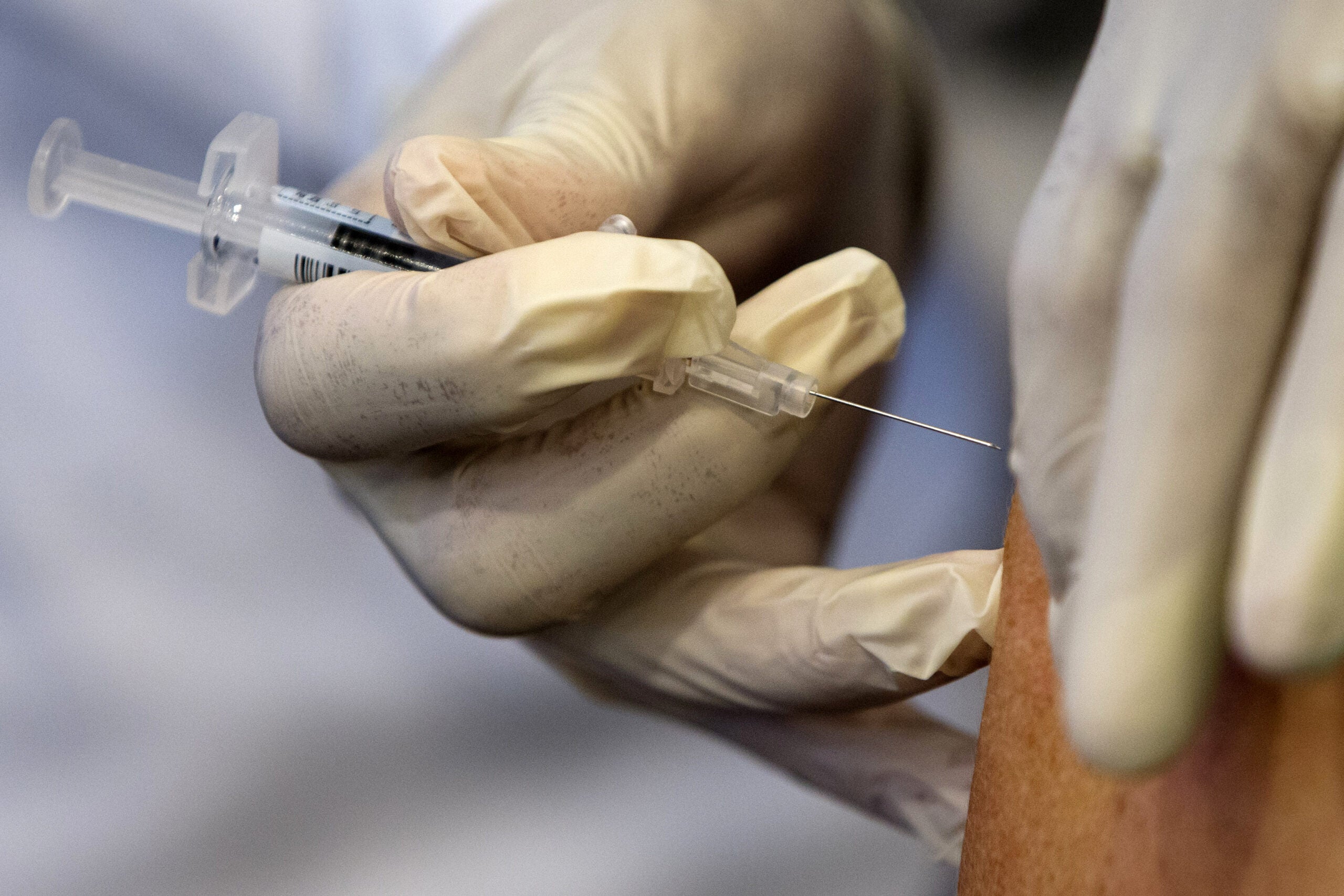After more than three years, the White House is ending the nation’s COVID-19 public health emergency effective Thursday.
With that comes the phasing out of some state and federal aid to fight the pandemic. Here’s what Wisconsinites need to know.
You’ll probably pay more for COVID-19 tests
News with a little more humanity
WPR’s “Wisconsin Today” newsletter keeps you connected to the state you love without feeling overwhelmed. No paywall. No agenda. No corporate filter.
Although your private insurance plan may still cover at-home COVID tests, you’ll probably have to pay more out-of-pocket for them. If you have Medicare, you’ll be able to get those at-home tests for free through September 2024.
Regardless of your insurance status, if you live in Wisconsin, you can still order two free at-home antigen test kits per household per month through the state’s Say Yes! Covid Test program. But that program will only continue until supplies run out, which may happen as soon as early May, Wisconsin Department of Health Services Deputy Secretary Deb Standridge said.
“I would recommend that people please go and order the tests,” Standridge said during a news conference at the end of April.
It’s likely insurance will still cover lab-based COVID tests, which are often the more sensitive type of PCR tests, especially if those tests are ordered by a health care provider. But your costs for those lab-based tests may go up, even if you have insurance. Uninsured people may no longer have a way to get low or no-cost COVID testing.
What about COVID vaccines and treatment?
Nearly 62 percent of Wisconsinites have completed their primary COVID-19 vaccine series, but only about one fifth have received their updated booster, according to DHS data updated May 2. That updated booster is recommended for anyone over age 6, and people who are immunocompromised or over age 65 may also need an additional booster dose.
Free COVID-19 vaccines are being distributed from a pool purchased by the federal government, although that supply could eventually run out. Even so, federal officials say no-cost COVID-19 vaccines will still be available even to uninsured individuals through a bridge program that will run through 2024.
Although emergency designations are ending, Standridge acknowledged the disease’s presence will continue. That’s one reason why getting vaccinated and boosted is so important, she said.
“While we know that COVID is going to be part of our lives going forward, it doesn’t mean that we turn a blind eye to it,” she said. “We need to stay up to date on the vaccines that are available … and should we become ill, get tested and seek medical care when appropriate.”
Wisconsin’s program in which people can set up telehealth appointments to receive free COVID-19 antiviral treatments like Paxlovid will continue through the end of 2023, DHS officials said.
Wisconsin Public Radio, © Copyright 2026, Board of Regents of the University of Wisconsin System and Wisconsin Educational Communications Board.






